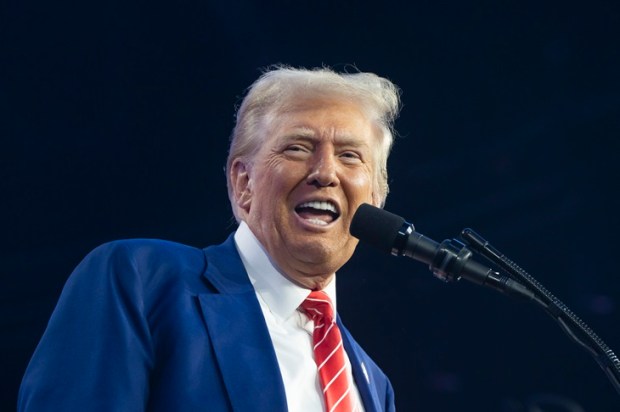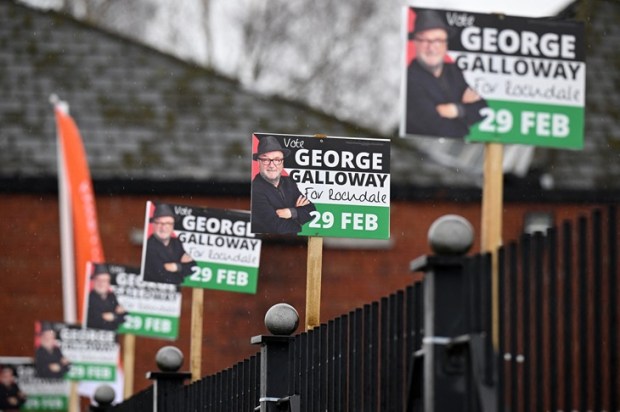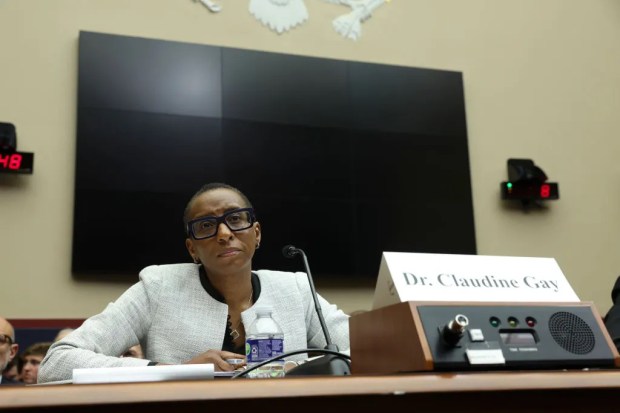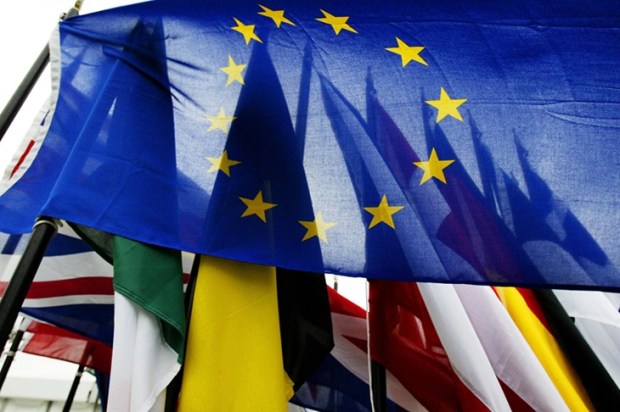Napoleon was supposed to have said, ‘Let China sleep, for when she wakes, she will shake the world.’
China is a seismic country. The 4000-year-old civilization has the largest population, the second largest economy, and perhaps the second largest military in the world, and has certainly made shockwaves in light of Congresswoman Nancy Pelosi’s recent visit to Taiwan.
Pelosi’s tour, against the advice of the White House, was likely a conceited attempt to add a final feather to her cap considering the Democrats are expected, by projections, to lose the House of Representatives in November.
This is unwise for the following reasons. First, America and the West are already in a proxy war with Russia in Ukraine. America, by far the biggest contributor, has supplied more than $7 billion to Ukraine since the invasion began, which is significantly more money than Ukraine’s annual military budget. While involved in a hot cold war with Russia, it is reckless to aggravate the second-to-third largest military. Russia’s relations with China have always been unstable, with China being ambiguous regarding the Russian invasion of Ukraine. But Pelosi’s visit, the day after China marked the 95th anniversary of the founding of its army, may have galvanised their alliance.
This is especially injudicious as the Biden administration has been broadcasting weakness to the world. The inglorious withdrawal from Afghanistan that surrendered millions worth in arms to the Taliban, and the American military’s loss of morale due to identitarian policies, are keen displays of internal strife. And this is without touching upon its economic woes, which are largely the product of bad policy. Sun Tzu’s The Art of War famously states that, ‘Victorious warriors win first and then go to war.’ But the Biden administration is losing at home while stumbling into a fight.
Second, is America’s lack of will regarding Taiwan. The uncomfortable reality that both the White House and the Pentagon were openly against Pelosi’s visit sends a strong message to China that the administration is a shambles incapable of a unified façade. This weak leadership, presiding over an anaemic economy and dispirited military, mean that America poses little threat as a deterrence. Taiwan has suffered as a result of Pelosi’s photo-op – with China imposing various sanctions on Taiwan – and has fired missiles directly over the island. Communication lines with America have also been severed, as China conducts large military drills in the narrow strait, escalating tensions in the already tense region. Given Taiwan supplies over 90 per cent of microchips to America, and makes up more than 60 per cent of the market share for semiconductor manufacturing, any potential impact on this supply chain, even sans invasion, can send America and others swiftly into a deep recession.
The third, is the timing. In addition to the mise en scène of a war in Europe and an unstable America, Pelosi chose to visit Taiwan just as President Xi is gearing up for an unprecedented third term as the leader of the Chinese Communist Party, which will be decided upon at the CCP’s 20th National Congress, likely to be held in November.
Xi has shown his colours as an ambitious and ruthless leader, who has cemented himself as the most powerful ruler since Chairman Mao. He changed the Constitution to pave his way for an unprecedented third term as leader and strong-armed Hong Kong under the CCP’s control, despite the promise by the CCP of 50 years of autonomy. He has ratcheted up the rhetoric on Taiwan, despite relative peace and even cooperation between the mainland and Taiwan since 1972, with the tacit understanding that so long as Taiwan did not declare independence, China will not attack. The majority of the world knows this, and deliberately choose not to acknowledge Taiwan in this political kabuki theatre for the sake of peace, which has lasted 40 odd years.
However, Pelosi’s visit has essentially forced Xi’s hand. He cannot give the appearance of weakness mere months away from his leadership vote, and therefore is escalating tensions to project strength. This is especially pressing for Xi because he is facing a myriad of internal problems that have shaken his stability as party leader. Pelosi’s visit has given him the distraction he needed to galvanise his base and shift attention away from the consequences of some of his disastrous policies.
Chief among them is Xi’s obstinate pursuit of the zero-Covid policy. Covid, particularly the Omicron strain, has become so mild that a recent Financial Times analysis showed that in England, Covid is less deadly than the flu for all but the very old and sick. It is also highly transmissible and endemic across the world, meaning that unless Xi intends to keep China as a permanent hermit kingdom, the virus will inevitable enter and spread through the vast country. Yet Xi’s CCP still attempts to impose severe and extreme lockdowns for small number of cases.
Even Shanghai, with its 25 million citizens, was subjected to two months of total lockdown, during which many couldn’t get enough to eat. The fear of fresh lockdowns is forever hanging in the air. Under such rubric, the social fabric is being torn apart, let alone businesses and industry. Despite censorship, footage and news of protests in multiple cities have emerged, in a country where anti-governmental protests are harshly dealt with.
The continuous uncertainty and disruptions to normal activities are also impacting the already fragile Chinese real estate industry. This industry makes up a disproportionately large section of the Chinese economy, which is already faltering. Its collapse would be calamitous to Chinese citizens, as it is one of their major investment options for cultural and policy reasons. Coupled with record-high youth unemployment on an already disenchanted youth demographic, the zero-Covid policy may well undermine the CCP’s legitimacy and instigate civil unrest – the worst fear of a one-party system, as there is no election for the citizenry to vent their frustrations.
Xi’s pursuit of dominance over the Asia-Pacific region over the years has also resulted in anxious neighbours, especially Japan. Japan seem to be on the way to amending its pacifist Constitution, which forbids it from having a military capable of war. The assassination of the popular ex-Prime Minister Shinzo Abe, who advocated strongly to amend Japan’s Constitution, may be a catalyst that will allow the governing coalition to find the numbers it will need in the Upper House of the National Diet to achieve this. If overturned, Japan will instantly be a top-ten military. Japan is also fully capable of going nuclear, and the constant ratcheting up of tensions in the region, by China as well as North Korea, and the weakness of America, may well drive it towards its own nuclear aegis. South Korea may do the same.
All of these results are potentially disastrous for the CCP, which has enjoyed record-breaking economic growth since it opened China up to the international community in 1978, lifting hundreds of millions of people out of poverty in a few short decades. Xi’s self-aggrandising policies and the slew of bad results have resulted in opposition within the CCP. Cooler heads no doubt wish to at least curtail his powers so that China can return to the status quo ante, and for this, they need to focus on the poor results of Xi’s policies. The clandestine infighting behind the red veil is hard to fathom, but Pelosi’s self-absorbed farewell tour, pointless for Taiwan and dangerously theatrical, may have helped Xi’s power grab.
November is teeing up to be a momentous month. As Xi vies to extend his rule, the US is setting up for a red wave in the midterms. How the balance of powers will shift may well determine the course of the century. As the supposed old Chinese curse goes, ‘May you live in interesting times.’ These certainly are such times.

























